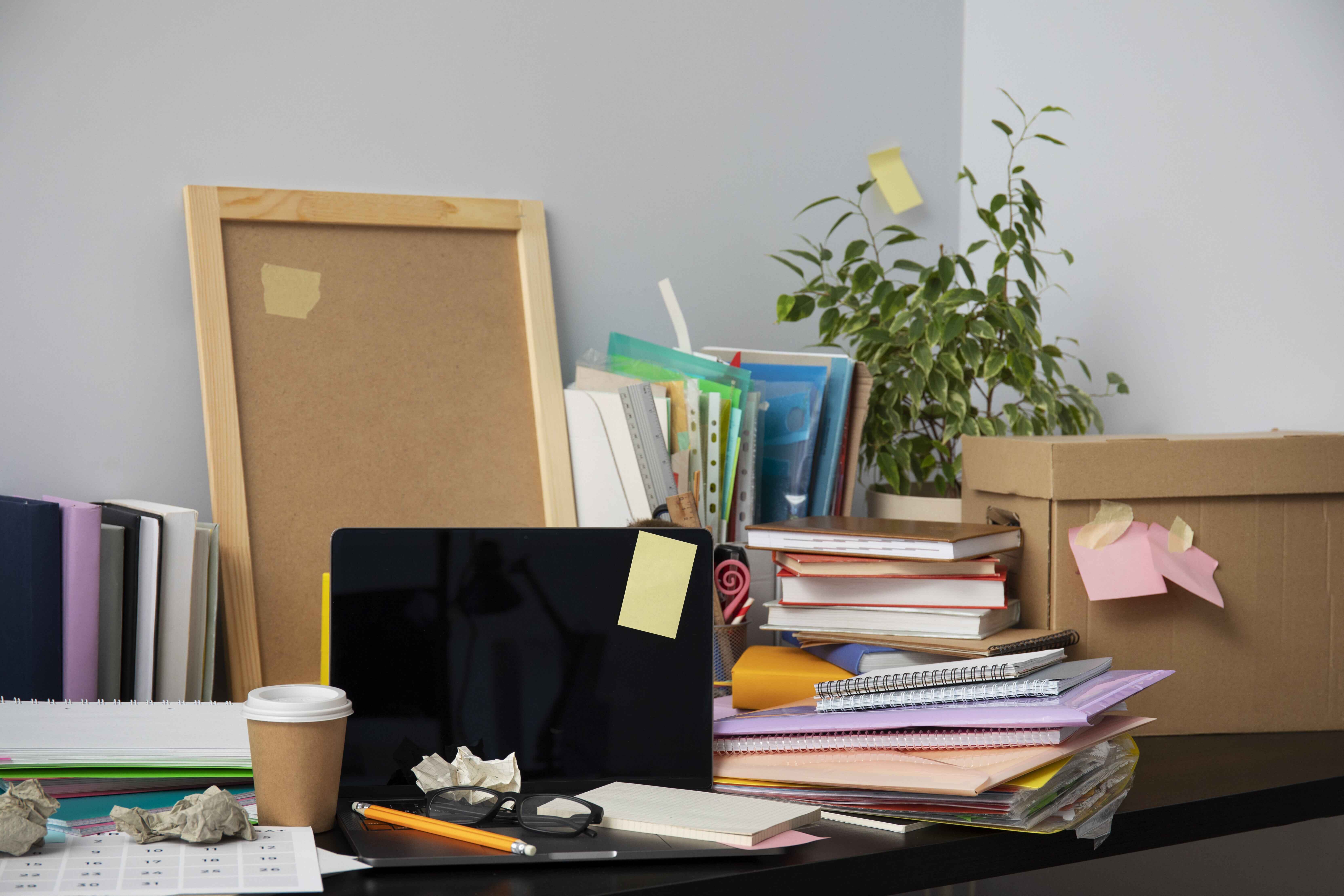Essential Life Skills for Young Adults Moving Into Their First Apartment

1. Budgeting and Money Management
Managing your finances is one of the most important life skills to acquire. Paying rent is only one aspect of renting an apartment. Other expenses include groceries, transportation, internet, utility bills, and unforeseen costs.
How to Begin Making a Budget:
Keep tabs on your earnings and outlays. List all of your income sources (such as jobs or side gigs) and keep track of all of your expenses, even the little ones like coffee.
Apply the 50/30/20 rule. Set aside 30% of income for wants (entertainment), 50% for needs (rent, bills), and 20% for debt repayment or savings.
Make use of spreadsheets or apps. You Need a Budget and Mint are two tools that can help you manage your spending.
Always budget for an emergency fund. It can pay for unexpected moves, auto repairs, and medical expenses.
2. Preparing meals and shopping for groceries
Daily eating out is expensive and frequently unhealthy. Planning meals, shopping wisely, and cooking simple recipes can all help you save money and feel better.
Essential Cooking Skills to Acquire:
Boiling rice and pasta.
Various methods of cooking eggs
Making easy one-pot meals, such as soup or stir-fry
Using an oven or microwave
Some grocery tips:
Before you go grocery shopping, make a list.
Avoid shopping when you're hungry as this leads to more impulsive purchases.
Purchase store brands since they are typically less expensive and of comparable quality.
Use loyalty programs and keep an eye out for discounts
Resource: A free budget-friendly guide to healthy eating is available from the U.S. Department of Agriculture
3. Tidying up and organizing
When you live alone, you have to remember to keep your living area tidy and orderly. Cleanliness has an impact on mental health and keeps diseases and pests at bay, so it's not just about appearance.
Basics of Cleaning:
Every week, vacuum and sweep the floors.
Clean bathroom surfaces and kitchen counters frequently.
Get rid of the trash before it starts to smell.
Learn how to keep appliances like the refrigerator and microwave clean.
Organizing Advice:
Put things you don't use frequently in storage bins.
To conserve floor space, hang shelves.
Regularly declutter; if something hasn't been used in six months, think about giving it away.
4. Simple Housekeeping
Small household problems should be handled by any adult, or at the very least, they should know when to ask for assistance.
Competencies to Acquire:
Smoke detector light bulb and battery replacement
When the toilet clogs, using a plunger
Resetting a circuit breaker that has tripped
Turning off valves and looking for water leaks
Tip: Stock a simple toolbox with necessities such as a flashlight, pliers, tape measure, and screwdriver.
Major repairs are often handled by property managers or landlords, but being able to do minor repairs yourself can save time and avoid damage.
5. Managing Your Time
It's crucial to manage your own schedule, particularly when juggling relationships, work, chores, and personal time.
Tools for Time Management:
To keep track of invoices, appointments, and due dates, use a calendar or planner.
Assign deadlines and divide more complex tasks into manageable chunks.
For routine chores like laundry or bill payments, set reminders on your phone.
Example: One way to prevent chores from piling up is to establish a weekly cleaning schedule, such as Mondays for laundry and Saturdays for deep cleaning.
Effective time management lowers stress and makes time for leisure and hobbies.

6. Interaction and Resolution of Disagreements
Good communication is crucial whether you live alone or with roommates. Tension can arise from misunderstandings, particularly when it comes to shared costs, household duties, or quiet times.
Advice for Communicating:
In your conversations, be truthful and courteous.
Deal with problems as soon as possible to avoid frustration.
To voice concerns without placing blame, use "I" statements, such as "I feel uncomfortable when..."
Being able to settle disputes amicably is a skill that will benefit your career and relationships in addition to housing situations.
7. Comprehending Lease and Legal Agreements
Every young adult should be aware of their lease and tenant rights prior to moving in.
Important Words to Know:
Lease: A formal agreement that specifies the terms of your stay, the amount you pay, and the rules.
Security deposit: The money you pay up front and can get back if you leave the place in good shape.
Notice Period: The amount of time you have to give your landlord notice before leaving.
Source: Check out the websites of the U.S. Department of Housing and Urban Development (HUD) and your local housing authority for information on tenant rights.
Never sign anything you don't understand. Ask questions and seek advice from a legal professional or a trusted adult if necessary.
8. Emotional and Mental Health
Living alone can occasionally be isolating or stressful. Setting mental health as a top priority is as crucial as paying the bills or doing the housework.
How to Take Care of Your Mental Health:
Maintain a schedule to establish consistency.
Communicate with loved ones on a regular basis.
Engage in self-care by working out, keeping a journal, or doing something artistic.
There are support groups, hotlines, and therapy available, so don't be afraid to ask for assistance.
Resource: Free resources and support are offered by the National Alliance on Mental Illness (NAMI).
9. Security and Readiness for Emergencies
Being self-sufficient entails taking responsibility for your own safety.
Actions All Renters Should Take:
Be familiar with your building's fire safety plan and emergency exits.
If there isn't a smoke detector, install one.
Keep a list of emergency contacts, such as the maintenance and local police.
Maintain a first aid kit at home or learn basic first aid.
Being prepared can make a big difference in an emergency, but you don't have to be an expert.
10. Community Development and Social Skills
It takes connections and relationship-building to make a new place feel like home.
Easy Methods for Creating a Community:
Make an introduction to your neighbors.
Participate in volunteer work or community events.
Join clubs or hobby groups in your community.
Be mindful of noise levels and common areas.
For people who are new to a city or are living alone for the first time, a supportive community can provide company, safety, and practical guidance.

Concluding remarks
Finding the ideal apartment is only one aspect of moving into your first apartment; another is learning how to take care of your surroundings and yourself. These life skills provide the groundwork for a balanced, self-sufficient, and satisfying adult life; they are not merely for survival.
It's acceptable to not know everything at once. The process includes asking for assistance, making mistakes, and learning by doing. What feels strange today will become natural tomorrow with practice and time.